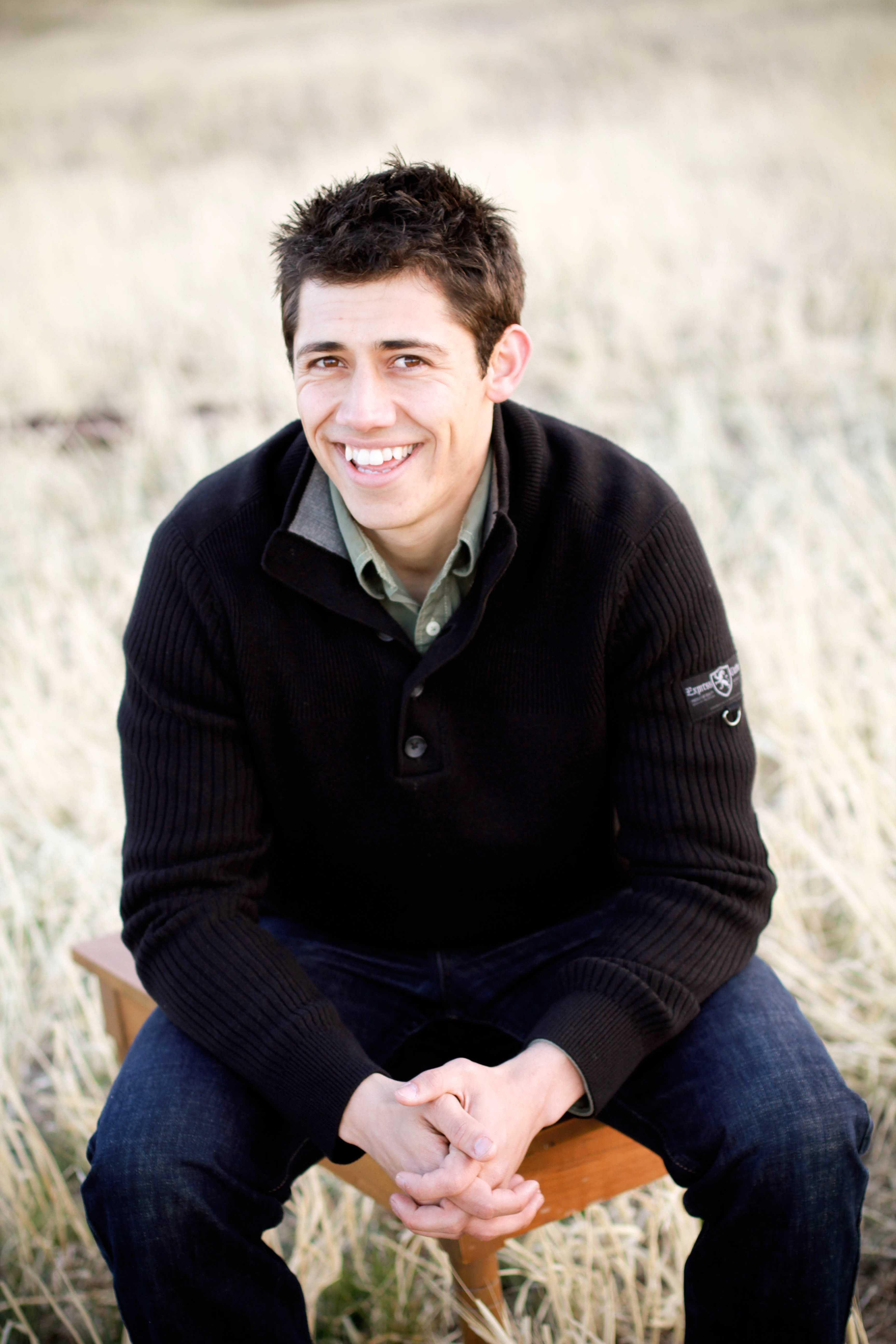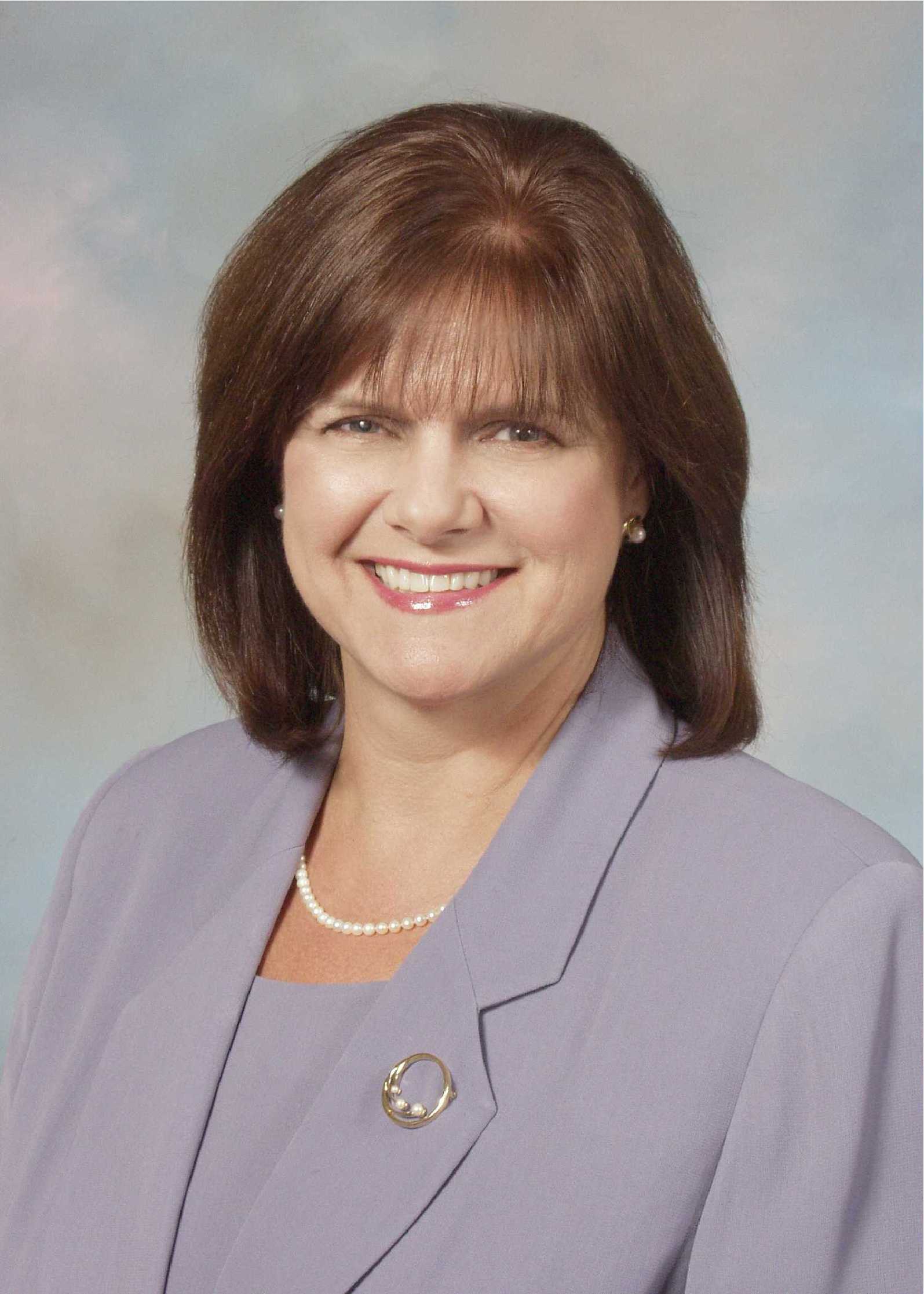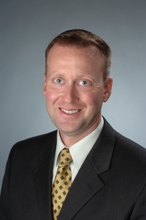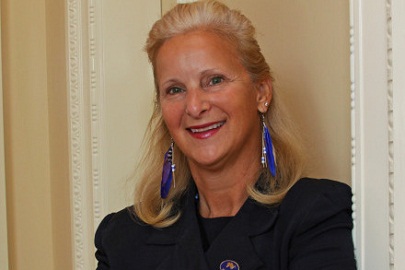Video, Radio, Web
Ask the Expert
Each month (April - September) Recovery Month features an expert in Ask the Expert, where you can get answers to your questions about the topics covered in the latest 2012 Road to Recovery program. Submit your questions using our anonymous online contact us system, and answers from our expert will be posted by the end of the month.
Year:
2012
2011
2010
2009
Month:
April
May
June
July
August
September
-
(Premiered: 04/04/2012)

Ask the Expert:
A. Thomas McLellan, Ph.D. is the CEO and founder of the Treatment Research Institute (TRI), a Philadelphia-based research and development organization dedicated to science-driven transformation of treatment, other practice and policy in substance use and abuse. He is the former Deputy Director of the White House Office of National Drug Control Policy. In his more than 35 years of addiction-related research, he has received several awards, including Life Achievement Awards of the American and British Societies of Addiction Medicine (2001 & 2003); the Robert Wood Johnson Foundation Innovator Award (2005); and awards for Distinguished Contribution to Addiction Medicine from the Swedish (2002) and Italian (2002) Medical Associations.
Scientific research in the fields of prevention, treatment, and recovery—as related to both mental and substance use disorders—has led to many exciting discoveries and insights. The practice of prevention, treatment, and recovery in behavioral health is increasingly becoming evidence-based by incorporating these scientific advancements. What steps are being taken to shorten the time between significant research findings and their dissemination to the field? What programs and initiatives are in place to help move research to practice? How can practitioners ensure they are taking advantage of the latest findings in behavioral health science? How are mental health consumers and peers partnering with the scientific community? This show will highlight examples of research findings that impact practice across diverse topics such as stage-wise treatment, motivational interventions, cognitive behavioral techniques, brain science, recovery-oriented treatment and services, self-directed care, peer support, and the strong impact of trauma in people’s lives. The show also will focus on how practitioners contribute to science by generating data outcomes, participating in evaluation and services research, and sharing their experiences with others. Finally, this show will address how improvements in health information technology are supporting enhanced decisionmaking in behavioral health as well as the integration of behavioral and primary health care.
-
(Premiered: 05/02/2012)

Ask the Expert:
Justin Luke Riley managed his first adult rehabilitation center for drugs and alcohol that housed ninety-six men when he was 20 years old. From there he started consulting with both men and women's adult rehabilitation centers. Currently, he is the Director of Development and Public Relations for a national nonprofit consulting firm, The C4 Group, and also has his own consulting company. Mr. Riley is also an at-large board member of Faces and Voices of Recovery, sat on the board for Advocates of Recovery in Colorado, is on the Advisory Committee for the Association of Recovery Schools, and is part of the Project Management Team and Steering Committee of the Young People in Recovery movement.
The field of behavioral health has increasingly recognized the importance of addressing the needs of specific age groups with respect to both mental and substance use disorders. Teenagers (ages 12–17) and young adults (ages 18–24) are two age groups for which sensitivity to age is especially important in the practice of prevention, treatment, and recovery. What are the most effective approaches to preventing underage drinking and use of illicit drugs—including the nonmedical use of prescription medications—among youth? What mental, emotional, and behavioral problems are most commonly found in both teenagers and young adults and what are the most effective approaches to prevention and treatment? What are the specialized needs of youth in recovery from substance use, a mental health problem, or both? This show will address these important questions, examining the role of family, schools, and community. More and more, adults working in the field of behavioral health are listening to and partnering with youth in finding better ways to connect and help. This show will highlight innovative and evidence-based approaches to prevention of mental and substance use disorders in youth and young adults. Age-appropriate approaches in treatment and recovery such as recovery schools, recovery homes, and student assistance programs will also be presented.
-
(Premiered: 06/06/2012)

Ask the Expert:
Dr. Nancy K. Young is the Director of Children and Family Futures, a California-based research and policy institute whose purpose is to improve outcomes for children and families affected by substance use disorders. Dr. Young also serves as the Director of the federally-funded National Center on Substance Abuse and Child Welfare, which provides technical assistance to states, communities, and tribes to enhance cross-system approaches for the benefit of affected families.
It is well understood that prevention, treatment, and recovery in behavioral health requires a multifaceted approach in which individuals, families, schools, and communities all play a vital role. This show will focus on one of these critical success factors—families. Whenever a family member is experiencing the mental or substance use health problem—parent or child—the response should involve the entire family. A strong family support environment is a proven protective factor in the prevention of mental or substance use disorders just as strong family support is critical in treatment and recovery. How can we break the cycle of addiction in which the child follows the parent into addictive behavior? Many children in foster care are in the foster home because of parental addiction; how can these children be best supported in leading healthy and productive lives? How can we break the cycle of intergenerational trauma and mental health outcomes? How can we educate families to provide the best support for a loved one experiencing a mental disorder? This show will cover a range of family-based approaches and programs that demonstrate the importance of families being on the frontline of behavioral health for all family members.
-
(Premiered: 07/06/2012)

Ask the Expert:
Gary R. Bond, Ph.D. is Professor of Psychiatry at Dartmouth Medical School and senior researcher at the Dartmouth Psychiatric Research Center. Bond’s research aims at identifying evidence-based psychiatric rehabilitation practices, with a primary focus on the evidenced-based supported employment for people with severe mental illness. He has devoted over 30 years to the study of vocational services for people with psychiatric disabilities. Recently he has examined factors influencing successful implementation and sustainability of evidence-based practices. His publications include over 200 peer-reviewed journal articles. He has received several national research awards, including from the American Psychological Association and the National Institute of Mental Health. Bond has consulted with local and state mental health planners throughout the U.S. and outside the U.S. Bond is co-author of two major resources on evidence-based supported employment; he and his colleagues at Dartmouth developed the SAMHSA toolkit as well as a research reference book on this model.
For people in recovery from mental or substance use disorders, employment is often an essential part of the recovery process. Employment increases people’s self-worth, stabilizes their living circumstances, and facilitates their integration with the community. Being unemployed is associated with increased rates of mental disorders and with higher rates of substance use disorders and relapse. In the current job market, employment challenges for people in recovery are greater than ever. This show will explore a range of topics related to meeting those challenges, including skills training, career building, having a “recovery job” that bridges the gap between unemployment and full employment, volunteerism as a pathway to employment, and starting a business. The show will examine the barriers and challenges faced by some people in recovery—those without a high school or college degree, those with a criminal history, and those who have been out of the workforce for a long time. Innovative approaches to addressing the employment issue will be highlighted: recovery entrepreneurship programs, employers who target hiring people in recovery, and recovery community organizations that help with skills training and job placement.
-
(Premiered: 08/01/2012)

Ask the Expert:
J. Michael Haynie, Ph.D., is the executive director of Syracuse University's Institute for Veterans and Military Families and is the Barnes Professor of Entrepreneurship at Syracuse University’s Martin J. Whitman School of Management.
Our nation has pledged unequivocal support for active duty military service members and veterans. Meeting our obligation to our service members and veterans also means supporting their families. All have made remarkable sacrifices in serving their country, and have both clear and compelling needs as they reintegrate and face the future. Along with peer support and peer counseling, strategies centered on the family are the most urgent and effective approach to supporting the difficult transition to everyday life. Many service members deal with mental health problems attributable to their military experience, and many turn to substance use in response to their pain. Help for service members, veterans, and their families must encompass not only treatment for mental and substance use disorders but also the support elements that sustain recovery—employment, health and well-being, housing, and education. This show will describe the challenges facing those who have served and their families, the support available from both the U.S. Department of Veterans Affairs (VA) and civilian behavioral health systems, and the need to expand family-centered services.
-
(Premiered: 09/05/2012)

Ask the Expert:
Cynthia Moreno Tuohy , NCAC II, CCDC II, SAP, is the Executive Director of NAADAC, the Association of Addiction Professionals.
The goal of recovery is for individuals to lead successful, satisfying, and healthy lives integrated in the community. This requires the availability of prevention, healthcare, treatment and recovery support services. Community-based organizations play a vital role in addressing the diverse needs of people in recovery from mental and/or substance use disorders. Partnerships and networks within communities serve to leverage the particular contribution that individual community-based organizations have to offer. Recovery support organizations, those that focus on the recovery needs of individuals, are becoming an increasingly important part of the solution. Housing, employment, education, and socialization are all pieces of the puzzle the fit together to achieve overall behavioral health objectives. This show will describe how communities are organizing and networking to provide recovery support. The show will also highlight efforts to change the culture of communities to accept and embrace people in recovery.